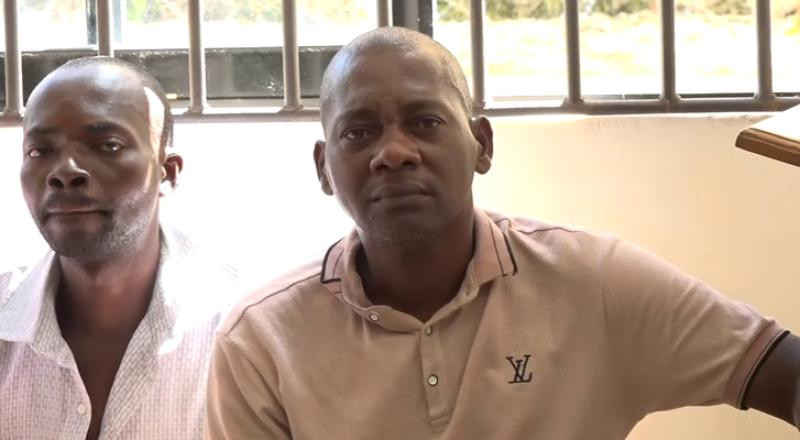×
The Standard e-Paper
Stay Informed, Even Offline

Pastor Paul Mackenzie (in brown) in a Malindi court on April 17, 2023. [Nehemiah Okwembah, Standard]
The harrowing story of followers of a Malindi-based Pastor starving themselves to death in order to 'meet their maker' has caught the country by storm.